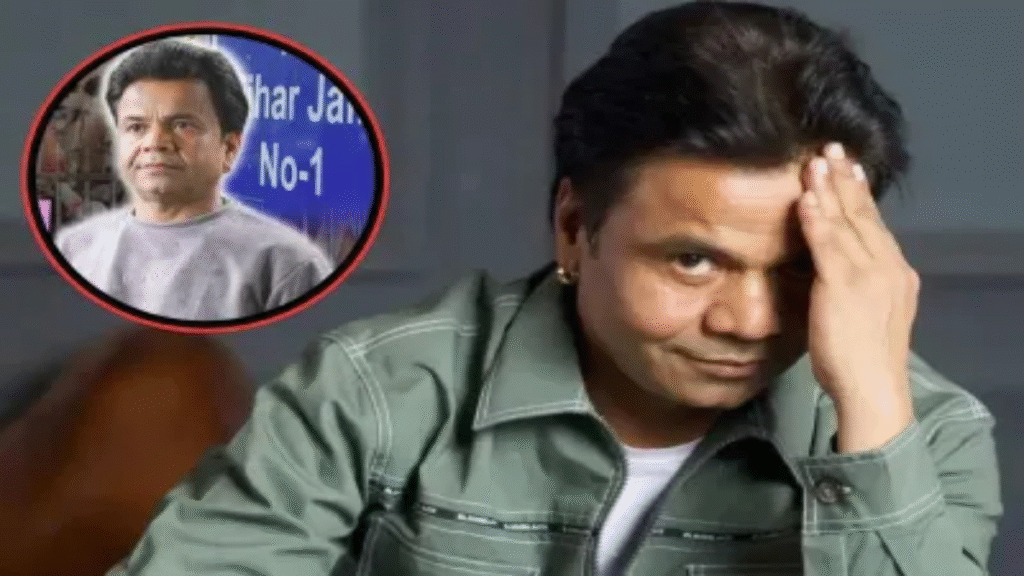Now Reading: Prada in the Hot Seat: Luxury Brand Forced to Credit India for Kolhapuri Chappal Designs After Massive Backlash
-
01
Prada in the Hot Seat: Luxury Brand Forced to Credit India for Kolhapuri Chappal Designs After Massive Backlash
Prada in the Hot Seat: Luxury Brand Forced to Credit India for Kolhapuri Chappal Designs After Massive Backlash

Italian luxury fashion house Prada has found itself embroiled in a significant cultural appropriation controversy, drawing widespread criticism after showcasing footwear strikingly similar to India’s traditional Kolhapuri chappals in its Men’s Spring/Summer 2026 collection in Milan. The initial omission of any credit to the rich Indian heritage of these designs ignited a furious backlash, compelling the global brand to issue an acknowledgment.
The sandals, featured prominently on the runway and reportedly priced at an astronomical ₹1.2 lakh (approximately $1,400 USD), bore an undeniable resemblance to the centuries-old handcrafted leather footwear that originated in Kolhapur, Maharashtra, and surrounding regions. The designs included the distinctive tan leather, thin straps, and crucial toe-ring, all hallmarks of the authentic Kolhapuri chappal.
What exacerbated the outrage was Prada’s initial description of the footwear simply as “leather sandals” in its show notes, completely bypassing any reference to their Indian inspiration. This oversight was swiftly flagged by Indian netizens, fashion enthusiasts, artisans, and political figures, who collectively accused Prada of “cultural theft” and disrespecting traditional craftsmanship.
The Kolhapuri chappal holds a Geographical Indication (GI) tag, awarded by the Government of India in 2019. This tag legally recognizes its specific origin and the unique qualities attributable to that region, aiming to protect the heritage and livelihood of thousands of artisans. The lack of acknowledgment from a brand of Prada’s stature was seen by many as a direct affront to this protected heritage.
The outcry was not limited to social media. Lalit Gandhi, President of the Maharashtra Chamber of Commerce, Industry and Agriculture (MACCIA), formally wrote to Prada, expressing deep concern over the commercialization of the design without due acknowledgment or collaboration with the artisan communities. He urged Prada to publicly credit the inspiration, explore possibilities for collaboration, and consider fair compensation to benefit the traditional makers.
Adding political weight to the issue, BJP Rajya Sabha MP Dhananjay Mahadik, hailing from Kolhapur, led a delegation of artisans to meet Maharashtra Chief Minister Devendra Fadnavis. Mahadik called for government intervention, citing a blatant violation of India’s GI norms and the Artisan Act, and indicated that a Public Interest Litigation (PIL) was being prepared for submission to the Bombay High Court. He also sought the attention of Union Minister Piyush Goyal to escalate the matter on national and international platforms.
Facing immense pressure, Prada swiftly responded. In a letter addressed to Lalit Gandhi, Lorenzo Bertelli, Prada Group Head of Corporate Social Responsibility, acknowledged that the sandals were indeed “inspired by traditional Indian handcrafted footwear, with a centuries-old heritage.” Bertelli added, “We deeply recognise the cultural significance of such Indian craftsmanship.”
While Prada’s acknowledgment is a step towards rectifying the situation, it highlights a recurring challenge in the global fashion industry: the appropriation of traditional designs without proper attribution or benefit to the original creators. Many in India are now pushing for stronger mechanisms to protect their rich artisanal legacy and ensure that global brands engage in ethical practices that genuinely respect and support cultural origins.
The incident has sparked a wider debate on cultural sensitivity, intellectual property rights concerning traditional knowledge, and the responsibility of luxury brands to foster meaningful engagement with the communities that inspire their creations, rather than merely profiting from them. Artisans in Kolhapur have expressed a desire for direct orders from brands like Prada, emphasizing that such collaborations would not only provide rightful recognition but also ensure sustainable income and global reach for their age-old craft.










